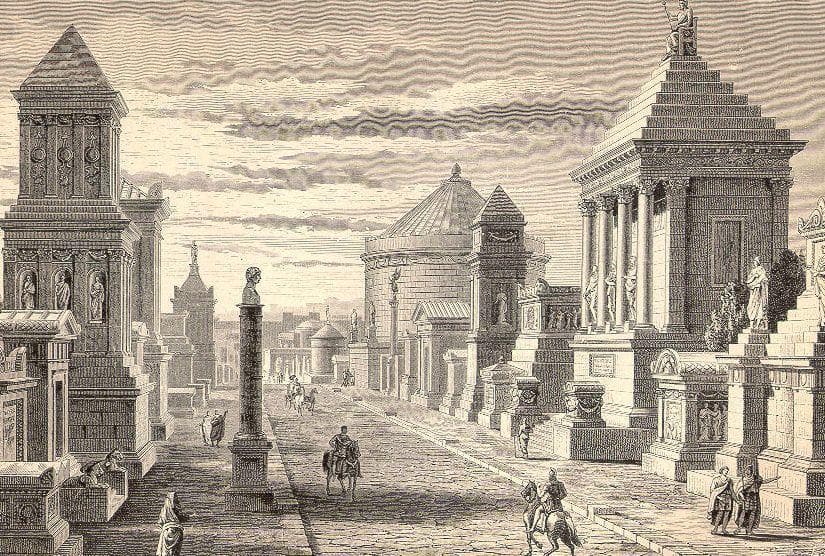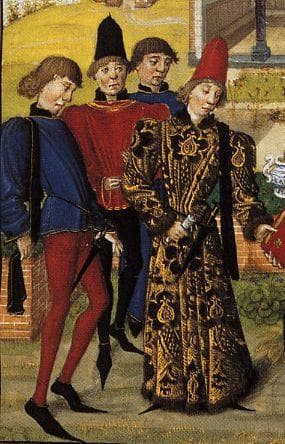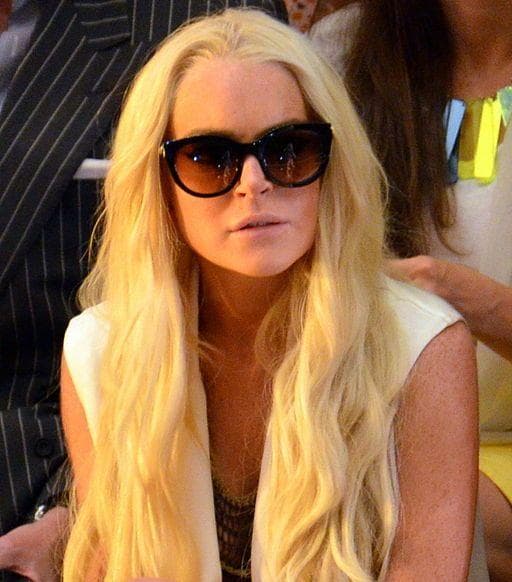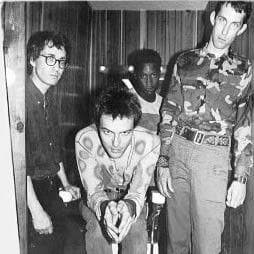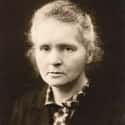-
(#3) David A. Johnston Saw Mount St. Helens Erupt and Was Killed by the Pyroclastic Blast
When Mount St. Helens erupted in 1980, USGS volcanologist David A. Johnston was the first scientist to send out a warning to let people know of the disaster. His storied career included stints studying extinct calderas in Colorado, and sheets of ash flow in the 1912 eruption of Mount Katmai in the Valley of Ten Thousand Smokes. Leading up to the blast on Mount St. Helens, Johnston was one of the few scientists who believed that volcanic activity was still possible on the mountain. He chose to take part in dangerous on-site monitoring and told journalists that it was like, "standing next to a dynamite keg and the fuse is lit." Before his radio went silent, after Johnston and his trailer were overcome by the volcano blast, he relayed: "Vancouver! Vancouver! This is it!"
-
(#10) Jack Parsons Made Rockets and May Have Blown Himself Up
Jack Parsons was probably one of the coolest scientists that ever walked the face of the Earth. Not only was he literally a rocket scientist, but he also helped create special effects in films, and he was a follower of Aleister Crowley, who hung out with L. Ron Hubbard. Parsons was uneducated, but when it came to making rockets he was described as having "an uninhibited and fruitful imagination" and kept his partners, "focused toward building actual rocket engines, not just solving equations on paper."
Unfortunately, Parsons was all over the place politically and wary about working for the US government (which he never technically did). He kicked around Mexico for a while (where he established an explosives factory for the Mexican government), was investigated by the FBI, and then in 1952 while working on a rush order for some explosives on a movie set, he accidentally blew himself up. Some people speculate that it was suicide, others believe that he was actually murdered by Howard Hughes, but the good money rests on the fact that he was probably high as a kite while he was making explosives.
-
(#12) Vera Yevstafievna Popova Studied Chemistry and Blew Herself Up
Vera Popova led an incredibly interesting life as one of the first female chemists in Russia. And she was also the first Russian female author of a chemistry book. After being educated in Switzerland, she returned to her home country where she began researching stereochemistry, the work habits of bees, and published short fiction. In 1896, while attempting to synthesize H-C≡P (methylidynephosphane), a chemical similar to hydrogen cyanide, her lab exploded, killing her instantly. The chemical compound she was trying to create, H-C≡P, would not be successfully created until 1961.
-
(#1) Marie Curie
- Dec. at 67 (1867-1934)
Born in 1867, Marie Curie overcame massive hurdles for a woman growing up in the 19th century. She went to great lengths in order to attend school and become one of the most important scientists the world has ever known. To earn her PhD, Curie began investigating uranium and quickly discovered that uranium rays charge the air that they pass through. She also found that the number of rays coming from uranium depends on the amount of uranium present, not the chemical reaction. Over the next few decades Curie would win a Nobel prize and become the first female professor at the University of Paris. Unfortunately, she would also succumb to aplastic anemia, a disease of the bone marrow that was likely caused by the radioactivity she had been exposed to during her career.
-
(#6) Karen Wetterhahn
- Dec. at 49 (1948-1997)
Karen Wetterhahn was a professor of chemistry at Dartmouth College, NH, who was studying toxic metal exposure, specifically the way mercury ions interact with DNA repair proteins. Wetterhahn was fully aware of the toxicity of the chemicals she was studying, but believed that she was taking all of the necessary precautions to ensure a safe testing area. Prior to her death, Wetterhahn recalled spilling a drop or two of dimethylmercury on her gloved hand, which later tests show would have penetrated the glove and started entering her skin within 15 seconds. Three months after the encounter Wetterhahn began showing signs of intense mercury poisoning, and two months after that she was admitted to the hospital where it was discovered that the single exposure to dimethylmercury had raised her blood mercury level to 4,000 micrograms per liter, or 80 times the toxic threshold. She died less than a year after her single exposure to the toxic chemical.
-
(#13) Jean-François Pilâtre de Rozier
- Dec. at 31 (1754-1785)
This 16th-century chemistry and physics professor led a charmed life where he made friends with Monsieur, the comte de Provence, brother of King Louis XVI, and was put in charge of Monsieur's cabinet of natural history. After seeing the first public demonstration of a balloon by the Montgolfier brothers in 1783. Jean-François became inspired and decided to invent a hybrid hydrogen-and-hot-air balloon in order to float across the English Channel. Sounds good, right? Wrong. In mid-flight, François's balloon suddenly deflated and crashed near Wimereux in the Pas-de-Calais, from an estimated height of 1,500 feet.
New Random Displays Display All By Ranking
About This Tool
In the history of human civilization, many genius scientists have played an extremely important role who have promoted the progress of human science and technology. But at the same time, many great scientists have made huge sacrifices for the advancement of human science and sacrificed their precious lives in scientific experiments. There is no doubt that their death is regrettable to the entire country and even the world.
The random tool introduced 14 of the greatest scientists in human history who we should remember, they made outstanding contributions to science, and their efforts paved the way for major discoveries and important inventions in later generations.
Our data comes from Ranker, If you want to participate in the ranking of items displayed on this page, please click here.

